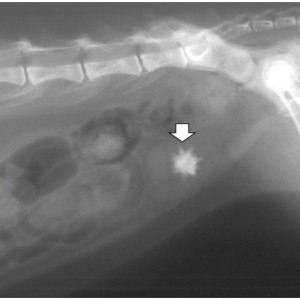Germany confirms the first case of African swine fever in farmed pigs
The Federal Ministry of Agriculture of Germany has confirmed the first cases of African swine fever (ASF) in farm pigs in the Germany. According to the website The Pig Site, the cases have been detected in two farms in Brandenburg, in eastern Germany, near the border with Poland, where ASF is widespread. So far, the disease had only appeared in wild animals, with more than 1,200 cases recorded in wild boars.
ASF cases have been detected on an organic farm with 200 animals and on a small farm with just two pigs, explained the Brandenburg Ministry of Health. After the Friedrich-Loeffler Institute for Farm Animal Health confirmed they had African swine fever, the animals were euthanized.
"For almost a year, we have been fighting against the enormous pressure of the disease coming from Poland," said Brandenburg State Health Minister Ursula Nonnemacher, who recalled that fences had been built along the Polish border to prevent it from wild boars entered Germany, and six intensive wild boar hunting zones were established. "I am very sorry about the first cases in farmed pigs, but unfortunately, this possibility could never be completely ruled out," Nonnemacher said.
German pork exports will continue in the EU
The expansion of ASF in Germany had prompted many countries to ban the import of German pork in September 2020, with China and major Asian importers maintaining that restriction. These measures caused a commercial displacement that has caused the EU pig production, including the Spanish one, to be exported to Asia, while Germany increased sales at the European level.
Due to the German regionalization policy, the German Ministry of Agriculture stated that Germany's pork exports within the EU will continue. Based on this concept, pork imports from the region of a country where African swine fever has been detected are stopped, but there is no general ban on sales across the country.














List
Add
Please enter a comment